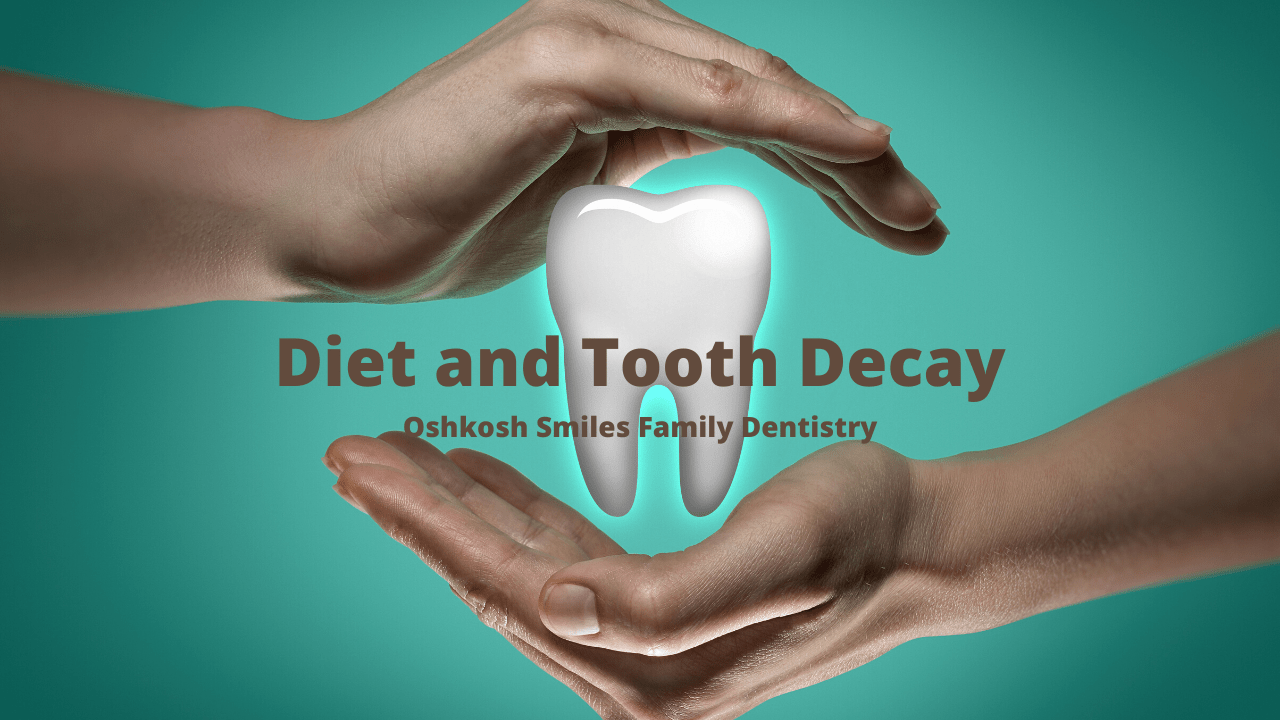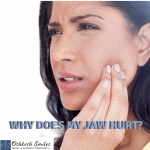
What is tooth decay?
What you eat, and how often you eat can affect the development of tooth decay. Tooth decay “also known as a cavity” happens when plaque come into contact with sugar in the mouth, causing acid to attack the teeth. Plaque is a sticky layer of bacteria that forms over your teeth throughout the day. If the plaque is not removed daily, it can harden and turn into “calculus” which can no longer be removed with a toothbrush.
How can I avoid tooth decay?
Some ways to reduce your risk for tooth decay include brushing twice a day, flossing at least once a day, consuming food and beverages that are low in sugar, drinking plenty of water, limit snacking, and regular dental check-ups.
What foods cause tooth decay?
The foods you choose and how often you eat them can not only affect your general health, but health of your teeth and gums, too. You should avoid foods that are high in sugar such as candy, soda, sports drinks, and fermentable carbs. Fermentable carbohydrates work with the bacteria in your mouth to begin the decay process and eventually destroy teeth. These carbs are not only found in the obvious sugary food, such as cookies, cakes, soft drinks, and candy, but also in less obvious food, such as bread, crackers, bananas and breakfast cereals.
What foods help prevent decay?
Certain foods actually help to counter-act the acid in your mouth. These foods include cheese, peanuts, sugar free gum, and xylitol. Xylitol is a natural non-nutritive sweetener, which has been shown to help prevent cavities. The more water that you drink throughout the day will also help to neutralize the acid in your mouth.
If you have concerns about your teeth or gums, please call our office at 920-233-6001 or email to [email protected] so that we may better help you.

